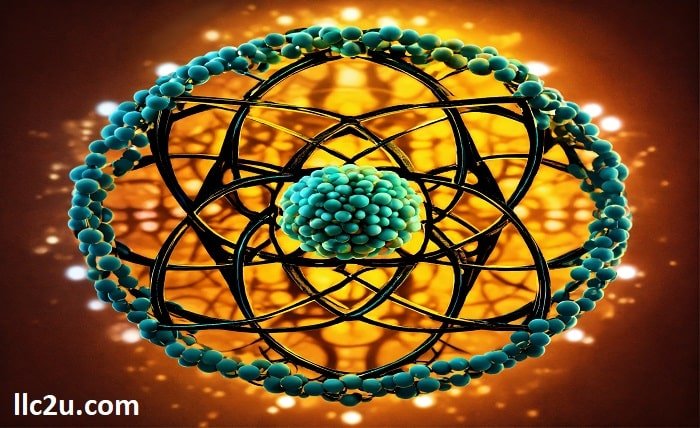The Illusion: The Flaws of Biocentrism

Biocentrism, a theory proposed by Robert Lanza, challenges our understanding of reality. It suggests that consciousness is the fundamental building block of the universe, and the physical world exists only because we perceive it. While captivating, biocentrism faces significant scientific hurdles. Let’s delve into the theory’s core tenets and explore the reasons why it remains on shaky ground.
1. The Elusive Definition of Consciousness
Biocentrism hinges on the concept of consciousness, but the theory offers no clear definition. Is it simply the ability to be aware of oneself and one’s surroundings, or is it something more profound? Without a solid definition, it becomes difficult to test or validate the theory’s core idea: that consciousness creates reality.
2. Physics Versus Perception: A Clash of Worlds
Biocentrism clashes with established principles of physics. The theory suggests that the universe doesn’t exist independently of our observation. However, mountains erode, stars explode, and galaxies collide – all demonstrably happening regardless of a conscious observer. Physics provides robust explanations for these phenomena without needing consciousness in the equation.
3. The Chicken or the Egg? A Paradoxical Origin
Biocentrism struggles to explain the origin of consciousness itself. If consciousness creates reality, then what created the first instance of consciousness? The theory offers no clear answer to this fundamental question, leaving a gaping hole in its logic.
4. Unconscious Processes: A Challenge to Biocentrism
Our brains perform many vital functions without conscious awareness. Homeostasis, the regulation of our internal environment, is a prime example. Biocentrism has difficulty explaining how these essential processes operate outside the realm of consciousness.
5. The Problem of Multiple Observers: A Tangled Reality
Biocentrism gets murky when considering multiple conscious observers. If each observer creates their own reality, how do we explain the existence of a shared reality? For instance, two people can both observe the same sunset – how can this be reconciled with the idea of individual realities?
6. Debunking: Biocentrism’s Enduring Value
While biocentrism might not hold water as a scientific explanation for reality, it offers a valuable thought experiment. It compels us to consider the profound mystery of consciousness and our place in the universe. Furthermore, biocentrism’s emphasis on the centrality of life can inspire a deeper appreciation for the natural world.
Conclusion
Biocentrism offers a thought-provoking alternative view of reality, placing consciousness at the center of the universe. However, the theory faces significant scientific hurdles, leaving it largely outside the realm of established physics. The lack of a clear definition of consciousness and unanswered questions about its origin remain significant roadblocks.
While biocentrism might not be the ultimate answer to the nature of reality, it sparks valuable discussions. It compels us to examine the mystery of consciousness and our place in the universe. Furthermore, its emphasis on the importance of life can foster a deeper appreciation for the natural world.
FAQ
- Q: Does biocentrism mean nothing exists without a conscious observer?
Biocentrism suggests that the universe as we perceive it might not exist independent of consciousness. However, the theory is still being debated, and there’s no scientific consensus on this point.
- Q: Isn’t biocentrism just a fancy way of saying everything is relative?
There are some similarities, but biocentrism goes further. It suggests that consciousness isn’t just interpreting reality, but actually creating it.
- Q: Can biocentrism ever be proven?
Because biocentrism hinges on a concept of consciousness that’s not yet fully understood, proving it with current scientific methods might be difficult. However, further research into consciousness might shed light on the theory in the future.
- Q: Does biocentrism have any implications for artificial intelligence (AI)?
If consciousness is truly the foundation of reality, as biocentrism suggests, then the development of a conscious AI could have profound implications for our understanding of the universe.
- Q: Are there any alternative theories of consciousness?
Yes, there are many different theories about consciousness, each with its own strengths and weaknesses. Some prominent examples include panpsychism, which suggests consciousness is a fundamental property of the universe, and higher-order thought theories, which focus on the brain’s ability to represent and reflect on itself.



